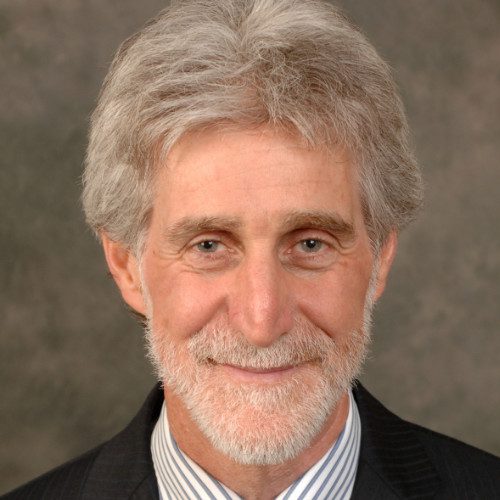Sign up for weekly new releases, exclusive access to live debates, and Open to Debate’s educational newsletters.
- Debates
Features
Topics
Upcoming debates
-
-
0 seconds of 1 hour, 14 minutes, 48 secondsVolume 90%Press shift question mark to access a list of keyboard shortcutsKeyboard ShortcutsShortcuts Open/Close/ or ?Play/PauseSPACEIncrease Volume↑Decrease Volume↓Seek Forward→Seek Backward←Captions On/OffcFullscreen/Exit FullscreenfMute/UnmutemDecrease Caption Size-Increase Caption Size+ or =Seek %0-9Live00:001:14:481:14:48
-
The Trump administration has launched an unprecedented assault on Harvard University, freezing more than $2 billion in federal research grants, slashing another $450 million, threatening $100 million in contracts, as well as threatening to revoke its tax-exempt status and its practice of international student enrollment — all aimed at pressuring the university on allegations of campus antisemitism, “anti‑Americanism,” diversity programs, and free-speech issues. Some have praised the administration’s actions, saying what has happened necessitates consequences. Harvard has pushed back with lawsuits, warning that these federal actions could cripple critical scientific research and chill academic freedom. Prominent Harvard figures, former University President Larry Summers and Professor Emeritus Alan Dershowitz, engage in a nuanced debate and provocative discussion about whether Harvard failed to contain ideological imbalances, antisemitic incidents, and DEI overreach, and what meritocracy means today at Harvard and other elite universities. Experts who have closely followed this issue and a member of The Harvard Crimson, its undergraduate student newspaper, also joined the discussion. As we watch the administration’s next moves, we ask: Did Harvard Have It Coming?Friday, July 11, 2025
-
- Insights
- About
-

SUPPORT OPEN-MINDED DEBATE
Help us bring debate to communities and classrooms across the nation.
Donate
- Header Bottom



















JOIN THE CONVERSATION